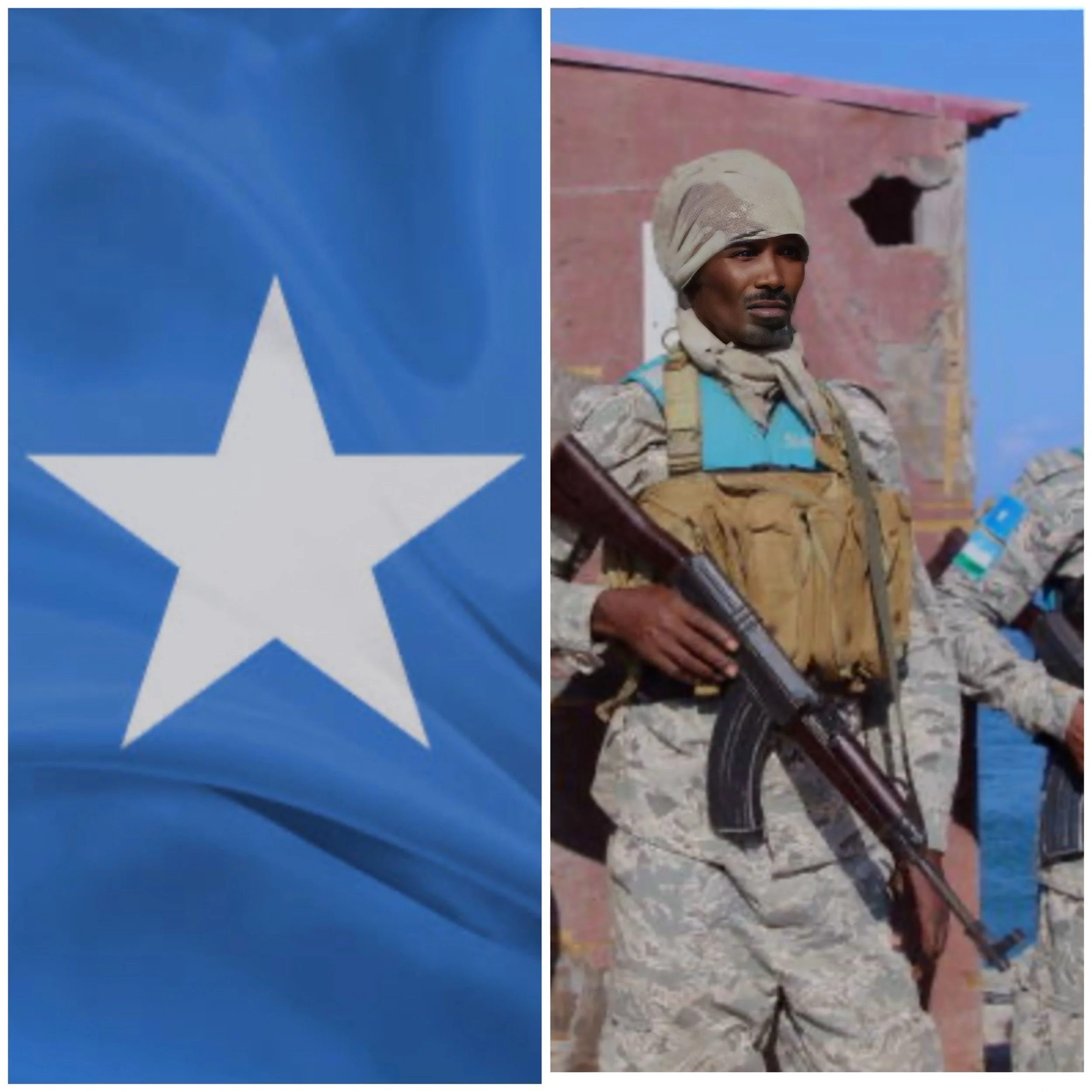Who are Oromo migrants? Why are they being displaced from Puntland, Somalia?
Introduction
The Oromo are one of the largest ethnic groups in Ethiopia, making up about 35% of the Ethiopian population. They have a complex history of migration and displacement that continues to the present day.
Historical Background
The Oromo people originally inhabited the region of southern Ethiopia and northern Kenya before undertaking a major expansion known as the “Great Oromo Migrations” in the 16th century. During this period, they moved into central and eastern Ethiopia, establishing kingdoms and adopting both farming and pastoralist lifestyles.
Current Displacement
Today, Oromo refugees flee to Somalia’s Puntland region primarily for two main reasons:
Economic Migration
Many Oromo use Puntland as a transit point, hoping to reach the Arabian Peninsula in search of better economic opportunities. The majority of these migrants cite unemployment and lack of livelihood opportunities as their primary reasons for leaving.
Political Persecution
Some Oromo flee due to political persecution and human rights violations in Ethiopia. The ongoing conflict in Ethiopia’s Oromia region, which has escalated since 2018 due to ethnic violence and political unrest, has forced many to seek refuge elsewhere.
Current Situation in Puntland
Recent developments have made the situation more precarious for Oromo refugees in Puntland:
The controversial Ethiopia-Somaliland port deal has led to increased hostility toward Ethiopian refugees, including verbal threats and intimidation.
Many refugees become stranded in Puntland after failing to complete their journey to the Arabian Peninsula due to financial difficulties and tightened travel restrictions.
Some refugees face exploitation and security challenges, with reports of detention and violence against Oromo refugees.
Conclusion
Somalia currently hosts approximately 38,000 refugees and asylum-seekers, primarily from Ethiopia and Yemen. In Puntland specifically, many Ethiopian migrants, including Oromos, find themselves in vulnerable situations, often lacking basic resources and protection.





